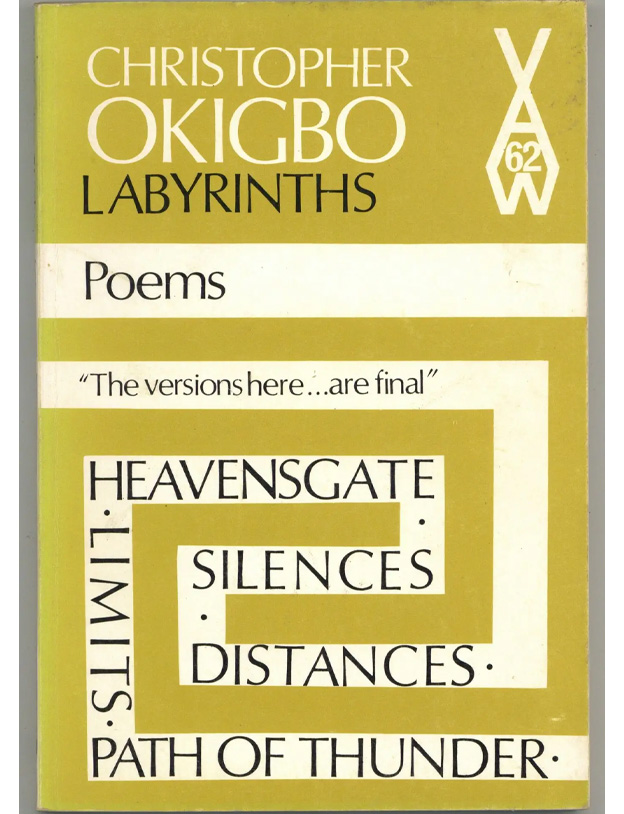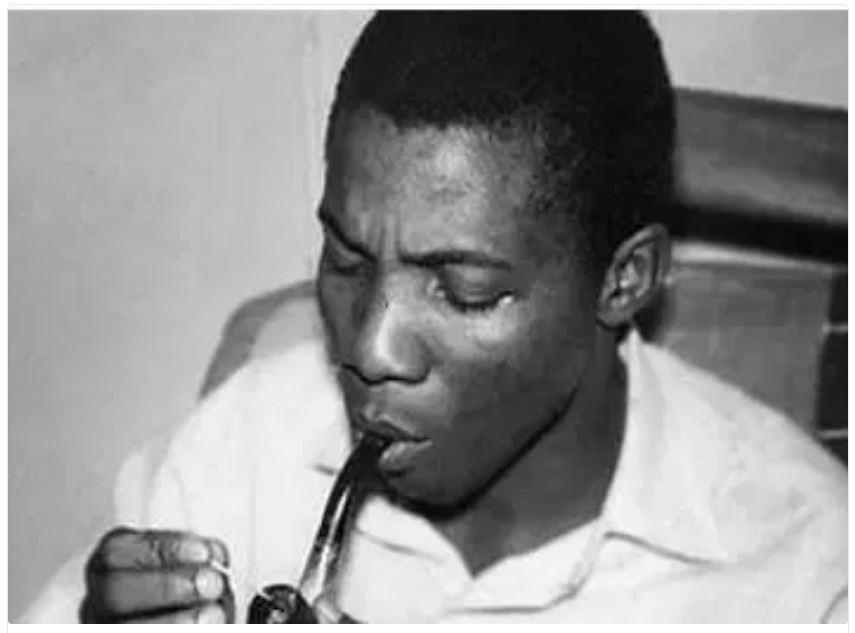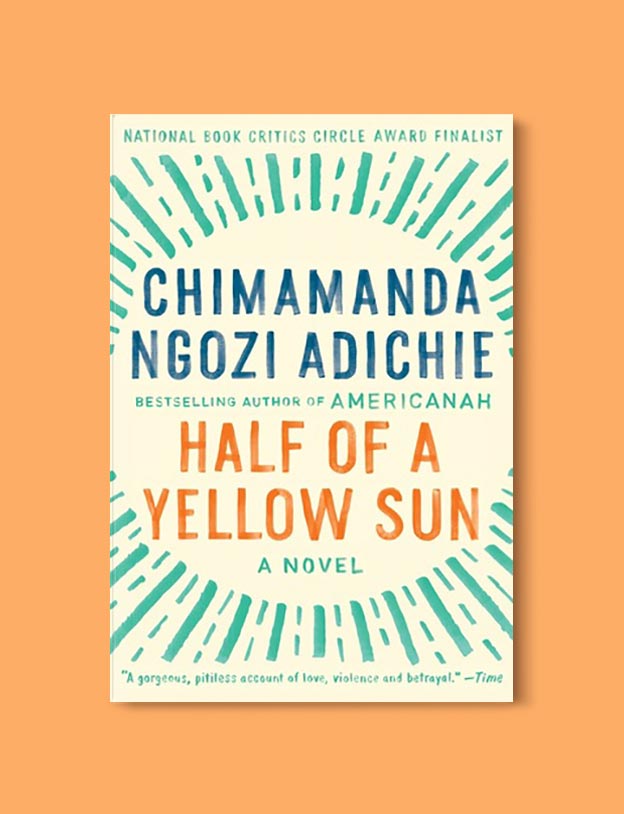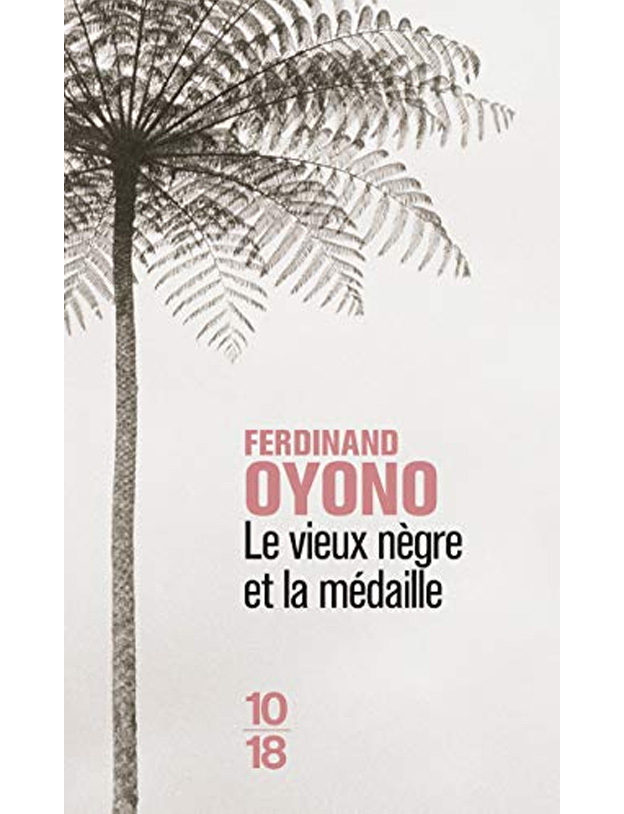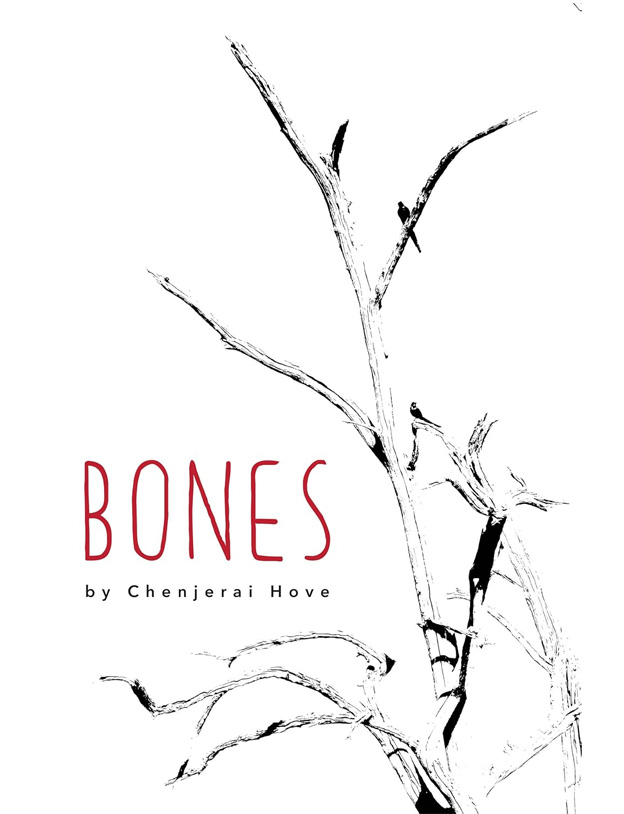Labyrinths – Christopher Okigbo
Plot Summary
Christopher Okigbo's Labyrinths is a collection of poems published in 1971, after his death. A labyrinth is like a maze, full of twists and turns, with no easy way out. That image perfectly describes both Okigbo's poetry and his life. His poems do not follow a straight, predictable path. Instead, they move through images, memories, traditions, and questions that twist and wind like a maze.
The collection brings together much of his poetry, including earlier works like Heavensgate, Silences, Distances, Limits, and Path of Thunder. In these poems, he blends Igbo spirituality with Western literary traditions. He writes about his inner struggles, his longing for meaning, his cultural identity, and the violent politics of Nigeria in the 1960s.
For example, in Heavensgate, he paints a picture of himself standing before the shrine of the goddess Idoto, naked and humble, like a child returning to its mother. This shows how deeply his Igbo roots shaped his imagination. Later, in Path of Thunder, his poetry turns darker and angrier. Here, he speaks directly about Nigeria's political turmoil just before the civil war. He warns of violence and chaos, almost like a prophet. Sadly, those warnings became reality when the Biafran War broke out, and Okigbo himself died in battle.
Labyrinths is a mirror of a man's inner battles and a nation's crisis.
About the Author
Christopher Ifekandu Okigbo (1932–1967) is remembered as one of Africa's greatest poets. He was born in Ojoto, near Onitsha, in southeastern Nigeria. He came from a Catholic family, but he always felt a strong spiritual connection to his indigenous Igbo traditions. In fact, he often said that he was chosen to serve Idoto, the goddess of the stream in his hometown. This tension, between Christianity and African spirituality, runs through his poetry.
Okigbo studied Classics at the University of Ibadan, where he immersed himself in Greek and Latin literature, as well as modern European poetry. Writers like T.S. Eliot influenced him, but he did not merely copy Western styles. Instead, he fused them with Igbo myths, rituals, and rhythms, creating something unique.
His career was short but powerful. He worked as a teacher, librarian, and even an editor, but his real calling was poetry. His words were often intense, emotional, and musical. Some critics found him difficult to read, but others admired how he pushed language beyond the ordinary.
When Nigeria plunged into political crisis and the Biafran War began in 1967, Okigbo did not stay on the sidelines. He joined the Biafran army, believing it was his duty to defend his people. He was killed in battle at just 35 years old. His death shocked the literary world. Writers like Chinua Achebe mourned him deeply, seeing him as a voice cut off too soon.
Even though his life was brief, Okigbo's work remains timeless. His poetry continues to be studied around the world, not just for its beauty, but for the way it captures the struggle of identity, faith, love, and nationhood.
Buy the Book
- Amazon
- Between the Covers
- option 3
latest video

nia via inbox
Stay connected. Subscribe and get updated on what's new with Nia!

